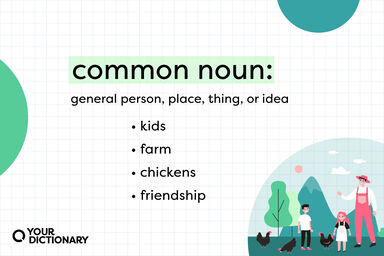Count Definition
- To make a count of members, attendees, or participants.
- so far, but with more expected
four straight rainy days, and counting
- to include
- to separate into equal divisions by counting
- to disregard; omit
- to declare (a boxer) defeated when he has remained down for a count of ten
Idioms, Phrasal Verbs Related to Count
- count heads
- and counting
- count in
- count off
- count out
Origin of Count
-
From Middle English counten, from Anglo-Norman conter, from Old French conter (“add up; tell a story”), from Latin computare, present active infinitive of computō (“I compute”). Displaced native Middle English tellen (“to count”) (from Old English tellan) and Middle English rimen (“to count, enumerate”) (from Old English rīman).
From Wiktionary
-
Middle English counten from Old French conter from Latin computāre to calculate com- com- putāre to think pau-2 in Indo-European roots
From American Heritage Dictionary of the English Language, 5th Edition
-
Middle English counte from Old French conte from Late Latin comes comit- occupant of any state office from Latin companion ei- in Indo-European roots
From American Heritage Dictionary of the English Language, 5th Edition
-
From Old French comte, conte, from Latin comes, comitem.
From Wiktionary
Count Is Also Mentioned In
Find Similar Words
Find similar words to count using the buttons below.




